Hitting a wall in China, the social media giant has played panderer to deepen its market in India
Facebook CEO Mark Zuckerberg had once said that opinions aired on social media do not shape people’s choices, their lived experiences under a particular political regime do. Since then, much water has flown under the bridge and social media has not only been used as a propaganda tool but has been weaponised to create a wave of opinion and manipulate public perception. Russia was first accused of data mining, hacking and using details to influence the US election. After that, social media became such a powerful barometer of discourse that willy-nilly it has become a partisan tool. So it comes as no surprise that an article published in The Wall Street Journal on Friday stated how Facebook India “took no action after BJP politicians posted content, accusing Muslims of intentionally spreading the Coronavirus, plotting against the nation and waging a ‘love jihad’ campaign by seeking to marry Hindu women.” The report quoted a former Facebook employee as saying that Facebook India was told not to filter extreme Right-wing messages by BJP leaders as that would be inimical to its business in India. This is a serious allegation as it makes Facebook equally guilty of differential standards when it comes to hate speech and blots its claimed ethics of being an accessible platform for all kinds of issues. Worse, it makes Facebook look like a panderer of the establishment, more interested in holding on to its Indian market with 290 million users and another 400 million on Whatsapp. With China erecting a wall against Western platforms, the corporation looks desperate to consolidate its presence in India. But as usual, this concern, despite a series of denials by the company, got buried in the competitive whataboutery of political parties. As Congress leader Rahul Gandhi claimed vindication, BJP leader and Union Minister Ravi Shankar Prasad reminded him how the Congress itself had harvested data in alliance with Cambridge Analytica before the Lok Sabha elections. Many Opposition parties, too, had accused Facebook of being the BJP’s de facto campaign manager before the Lok Sabha polls.
The larger question is, therefore, can social media ever again claim to be an open platform of free-flowing speech and ideas, considering it has gotten deeply embedded in all aspects of our life and cannot but be an influencer in itself? Facebook and Twitter are two corporate giants who can wield information as power, with the former having snapped up rivals Instagram and WhatsApp in recent years. With over 2.3 billion monthly users across its networks, it is too much of a behemoth to be democratic. Some estimates say that internet users spend an average of two hours and 22 minutes a day on such platforms, giving political parties the power to harness the numbers and attention span to disseminate their ideologies and even dump them indiscriminately, picking up some stray attention, too, in the process. US President Donald Trump was calculated to have utilised Twitter for an estimated $2.2 billion of free media coverage. Even newer political leaders from the opposite end of the political spectrum have captured popular imagination because of their online presence. For the corporations themselves, they are not non-profit and will, in the end, look out for their revenue graphs than the greater good. And, therefore, are into a lot of self-serving governance protocols in the absence of a public propriety code. In fact, Nick Clegg, Facebook’s VP of Global Affairs and Communications, had commented last year that “we don’t believe … that it’s an appropriate role for us to referee political debates and prevent a politician’s speech from reaching its audience and being subject to public debate and scrutiny.” The problem with this uninvolved approach is that politicians are emboldened to do whatever it takes to get their viewpoint across, even lies. Because there is no fact-checking, a campaign can go viral — sometimes tidal — before it can be called out. Any rejoinder or retraction then seems rather pointless. Besides who would prevent mainline politicians from lying about their own data, which they quote citing their own statistical sources? No wonder the misinformation has catastrophic consequences though stakeholders benefit in their limited domain. There’s undoubtedly a need for a middle ground than a mutually self-serving club of the information propagator and the disseminator. Also such is their combined monopoly that while Facebook made money from paid political advertisements in the last US elections, Twitter capitalised on the anti-Facebook rant and banned such campaigns, drawing the alternative traffic to itself. Either way, both parties are capitalising on their database, a heaving monster that is beyond anybody’s control, and apportioning it between themselves. And users continue to be a captive audience.
Courtesy: Editorial-The Pioneer







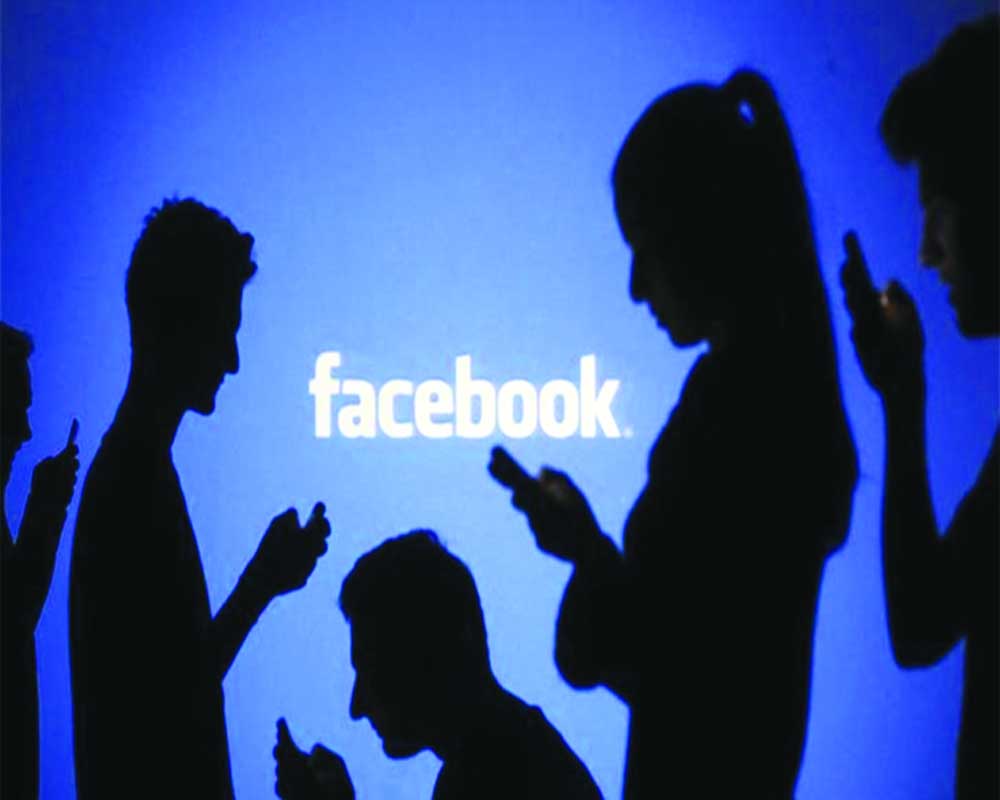
 OpinionExpress.In
OpinionExpress.In
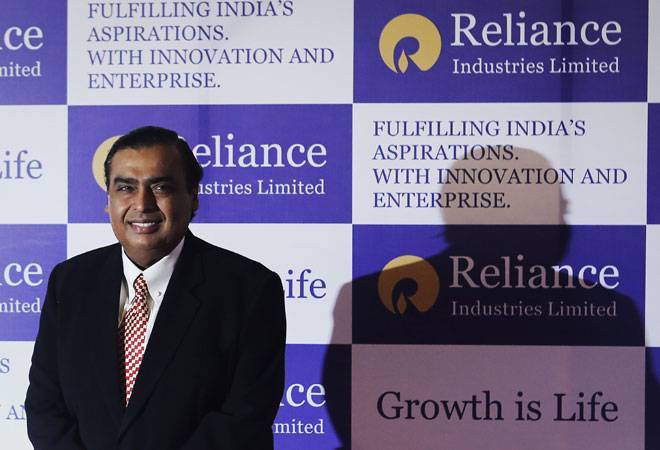
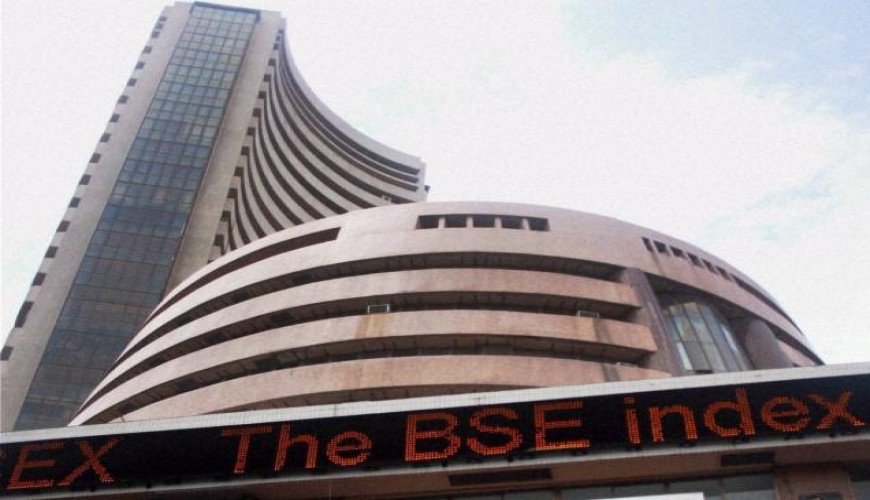
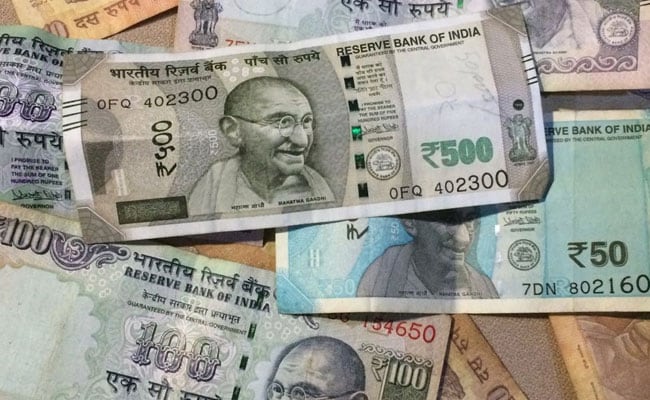
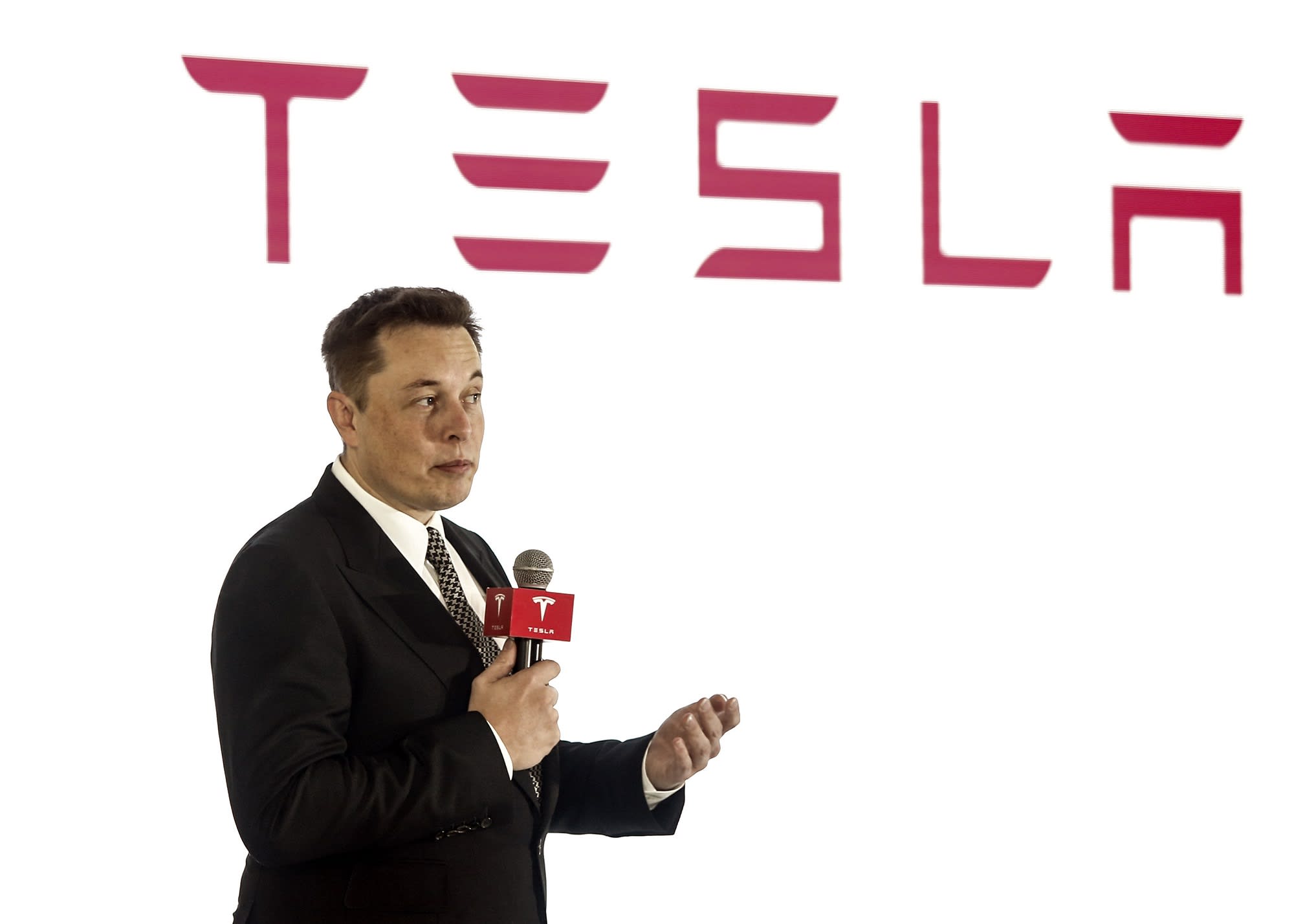



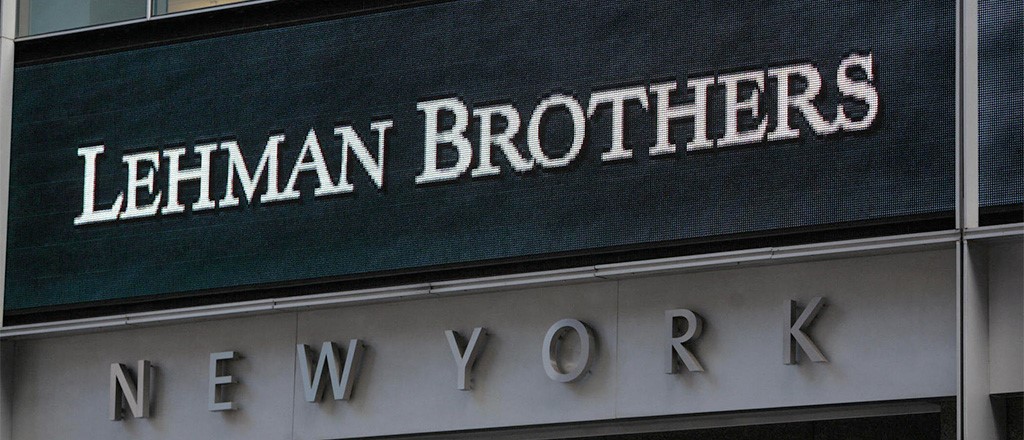
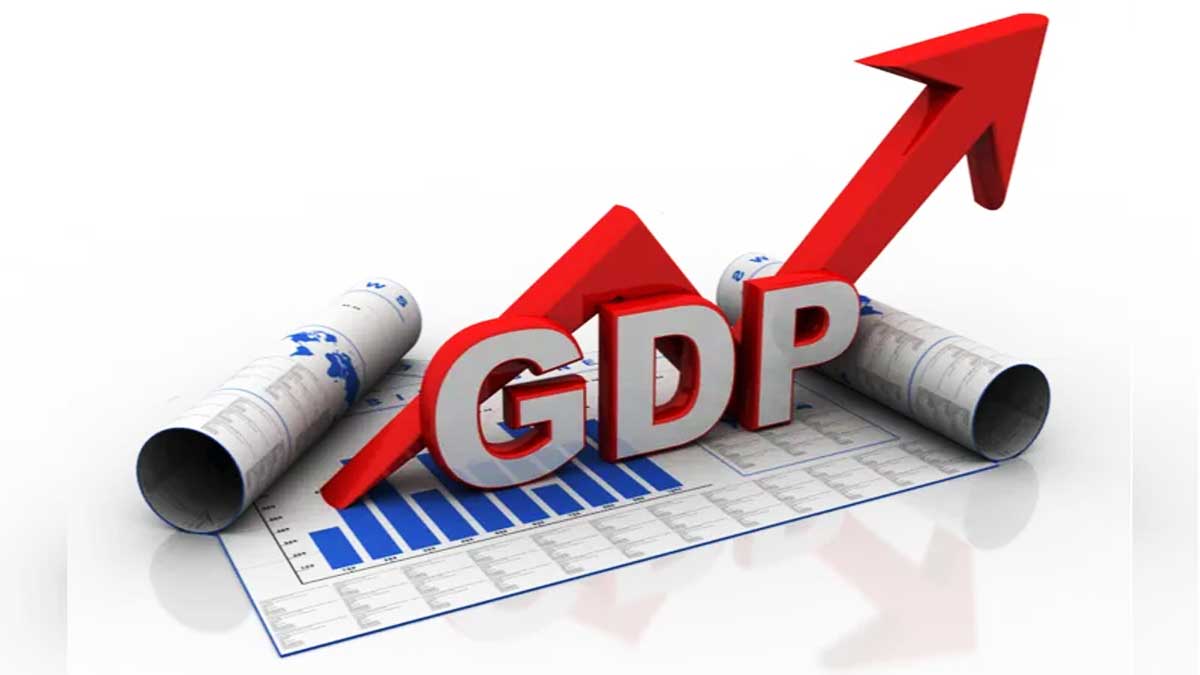






Comments (0)